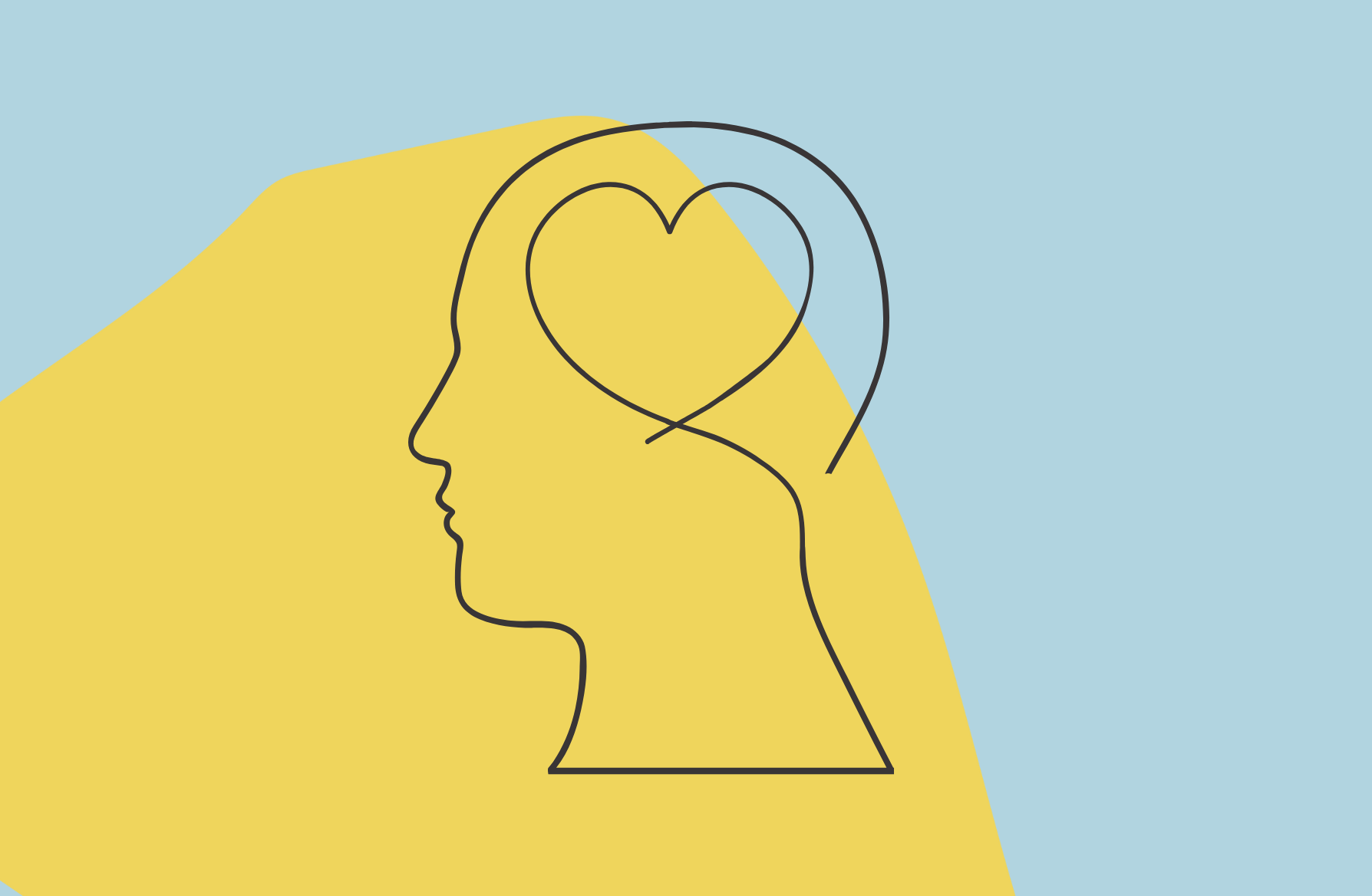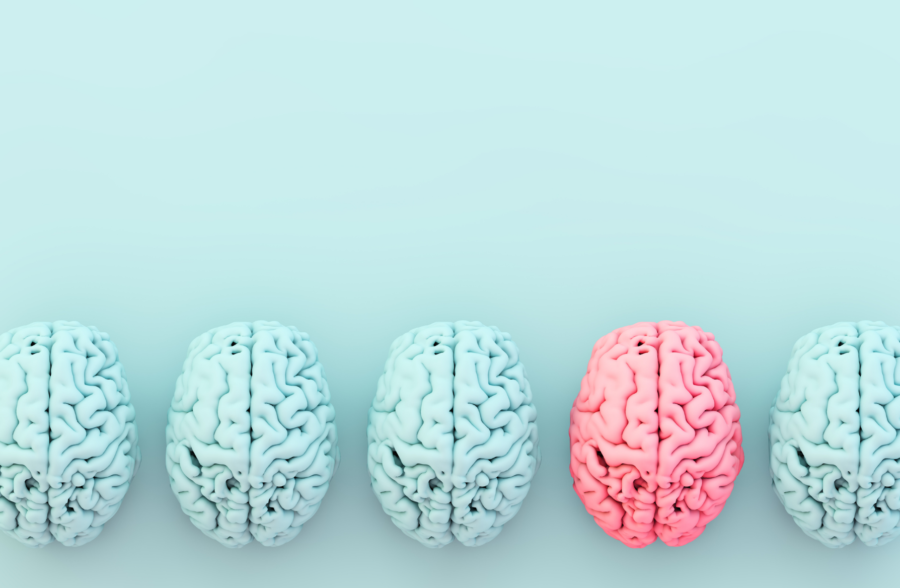The mind-body connection

John HagelinHappier thoughts lead to essentially a happier biochemistry. Negative thoughts and stress have been shown to seriously degrade the body and the functioning of the brain, because it’s our thoughts and emotions that are continuously reassembling, reorganising, re-creating our body.
Ever experienced butterflies in your stomach before a presentation? A buzz of excitement when thinking about that holiday? The warm fuzzy feeling of spending time with a loved one?
These are just some examples of how emotions are experienced in the body, and how our mind can influence our physical state.
The connection between our thoughts, emotions, and physical state is commonly known as the mind-body connection. Although certainly not a new concept, the role of the mind is increasingly recognised in models of physical illness and in frameworks of optimal health.
The mind and body are inextricably linked and in a state of constant communication. This occurs through a shared language – involving neurochemical, hormonal and electrical messengers – that are released by the brain and endocrine, nervous, and immune systems. Importantly, this communication is bi-directional, meaning that the mind can influence the body, and vise versa.
Not only can our physical health impact our mental wellbeing (think regular exercise and sleep for mental alertness), but our thoughts, beliefs, expectations, and emotional experiences can influence the physical functioning of the body. Similarly, our beliefs, expectations, and emotional responses to physical experiences such as pain or injury can impact how well, and how quickly, our bodies recover.
Adopting a holistic approach to wellbeing involves understanding that the mind and body are interconnected and inseparable systems, optimal care of one requires us to look after the other.
Evidence
Research shows that neglect of our mental wellbeing can contribute to numerous physical disorders, such as heart disease, diabetes, chronic pain, migraine, and digestive complaints. In contrast, cultivating positive emotional and cognitive styles can increase immune function, facilitate healing, bolster physical health, and help us to live longer.
Taking Action
How can we use this information to improve our physical and psychological health?
Keeping the link between our thoughts, emotions and physical experiences at the front of our mind is an important first step. This involves an understanding that optimal care of one component (i.e., the body) requires us to look after the other (i.e., the mind). So instead of putting together a physical fitness plan to condition the body, think about creating a holistic wellbeing workout instead.
While physical exercise and healthy eating certainly play an important part, so does mental skills-training and relationship-building. For optimal mind- body health, try out the following strategies:
Positive Emotions
Cultivating positive emotions activates the body’s rest & repair functions, by activating the parasympathetic nervous system and increasing heart rate variability. Take action by:
- Building a more optimistic outlook
- Laughing more and seeing the lighter side of life
- Practicing gratitude – what 2-3 things are you grateful for right now?
Connect
People matter. Take care of your social world by:
- Taking time for family and friends
- Smiling and saying hello to people in your community e.g. a neighbour or colleague
- Having a mindful conversation
Express Yourself
Avoiding our emotions can lead to suppression of the immune system. Learning to identify, name and sit with difficult emotions can help to regulate them better. Start by noticing and naming your emotions as they appear, e.g., ‘This is sadness’. If you need some help naming emotions try an app like “Mood Meter“, developed by the Yale Centre for Emotional Intelligence.
Cultivate Calm
Reduce stress and build calm and focus by:
- Deep, slow breathing
- Mindfulness & meditation
- Yoga or Qigong
Coaching or therapy
If you are looking for a more tailored approach that works in the context of your own life and needs, then it is worth chatting to a psychologist who can help you heal, recover or build fitness for your mind and body.
The mind and body are like best friends – in constant communication and helping each other through good times and bad. If you want to improve your health, build fitness or perform at your best, then you have to take them both along for the ride.




